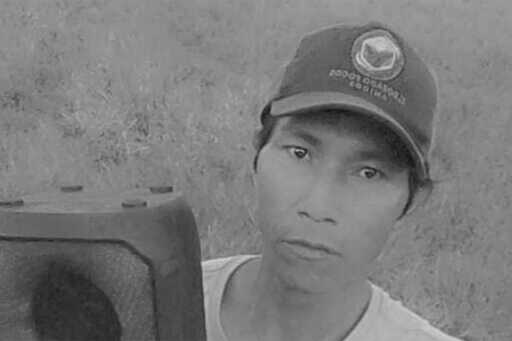Founder’s Briefs: An occasional series where Mongabay founder Rhett Ayers Butler shares analysis, perspectives and story summaries. Early on November 16th, gunfire broke the quiet around Pyelito Kue in southern Mato Grosso do Sul, Brazil. By dawn, the Kaiowá were counting their wounded and laying out the body of Vicente Kaiowá e Guarani, a father and spokesman for a people who have spent decades trying to return to the places they call tekoha. He was killed with a shot to the head. His community says the men who pulled the trigger arrived in the dark, well armed and organized. Police later suggested the crime stemmed from an internal dispute. The Kaiowá insist otherwise. Vicente’s name now joins a list that has grown long. Attacks against the Kaiowá of Pyelito Kue and Mbarakay have become a grim fixture of life in the state’s southern cone. The communities have endured raids, fires, beatings, and expulsions for years at the hands of militias linked to ranchers, with the state’s own forces often appearing more eager to protect private property than to enforce constitutional rights. The frustration and anger is evident. “We no longer accept being treated as invaders on our own land,” read a statement issued by Aty Guasu, a Guarani Kaiowá organization. “We lost a warrior,” said a relative after the assault. It was not the first such loss, and no one pretends it will be the last. The village of Ypoi by Mídia Ninja. The tekoha of Pyelito Kue and Mbarakay…This article was originally published on Mongabay
From Conservation news via this RSS feed


